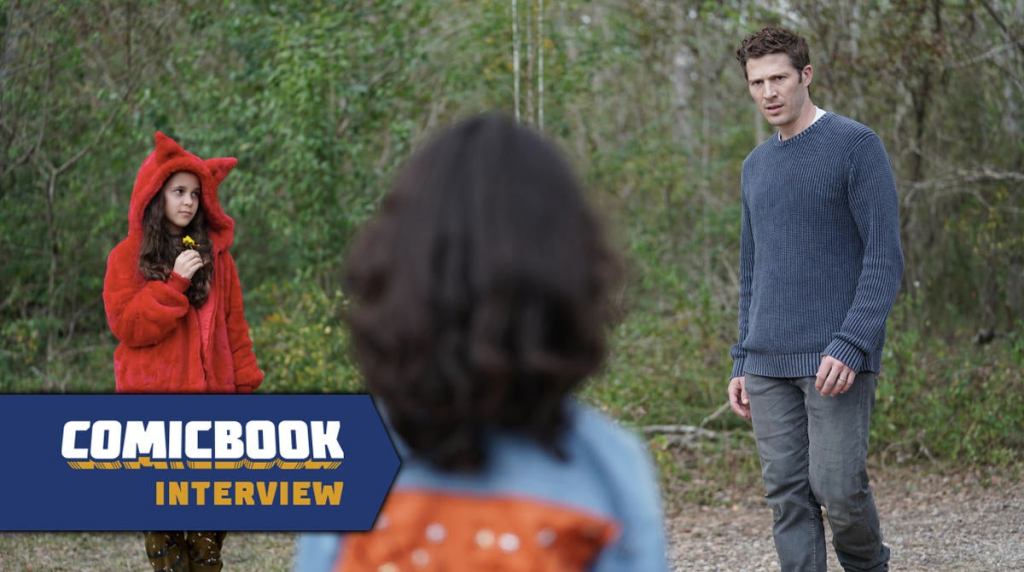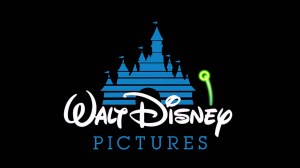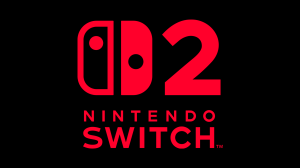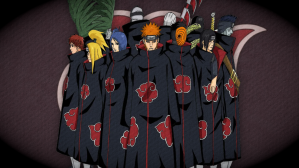As implied by the title of the new horror movie There’s Something Wrong with the Children, a story unfolds in which kids are afflicted by something potentially bizarre, potentially deadly, or something potentially harmless and just conjured by one man’s paranoia. This means that much of the narrative requires star Zach Gilford to struggle not only with his character’s connection to these children, but also those closest to him, as he could just be misinterpreting innocent behavior. With Gilford being a father himself, he recalled how this proved to be an immense challenge, given how drastically different his character is from who he is personally. There’s Something Wrong with the Children is out now On Demand and on Digital HD.
Videos by ComicBook.com
When Margaret (Alisha Wainwright) and Ben (Gilford) take a weekend trip with longtime friends Ellie (Amanda Crew) and Thomas (Carlos Santos) and their two young children, Ben begins to suspect something supernatural is occurring when the kids behave strangely after disappearing into the woods overnight.
ComicBook.com caught up with Gilford to talk joining the project, his personal contributions, and future projects.

ComicBook.com: There’s lots of reasons to be excited about this project. For you personally, what was the big draw, the big hook that really made you want to get involved? Whether it was specifically the story, working with director Roxanne Benjamin, the rest of the cast, what was the thing that really put it at the top of your wishlist?
Zach Gilford: Well, it was not the cast because I didn’t know any of them when I signed up. I think I was the first person to jump on board. But, first things first, I read the script and I’ve always thought creepy kids are the best device in a scary movie. I also loved the psychological aspect of it, where you go through the film not sure if Ben’s crazy or if he’s the only sane one. Is this really happening or not? I love that when, as an audience member, you’re just confused. And not Matrix-style where they need to sit you down and be like, “Here’s a red pill, here’s a blue pill, here’s what’s going on.” You’re just like, “Is this reality or not?”
Then also, when I saw Roxanne was doing it, I looked her up. I was like, “Oh, my God, I know her work and she’s such an amazing filmmaker.” I got to jump on a Zoom or something with her. I mean, one of my favorite answers she’s ever given me, I was like, “So what is it? What’s going on?” And she’s like, “Who cares?” She’s like, “I don’t know, it’s just creepy.” I was like, “I love that.” Doesn’t matter.
Well, I can’t help but wonder, because it was the same thing when I spoke with Roxanne, that what she enjoyed so much was the ambiguity that there wasn’t some finding a diary page at the end of the movie of like, “Oh, here’s wrong with them.” But for you as an actor, regardless of what Roxanne, your fellow co-stars, the writer, regardless of what anybody else thought, for your own character, did you craft a backstory or mythology of why this was happening? Or did it help you to not think of that backstory?
No, I think on this, it definitely helped not to. But I, in general, am someone who, if it’s not on the page, it doesn’t matter. I worked with actors — I remember on Midnight Mass, Kate Siegel was like, “Oh, well, this cardigan, this sweater, I’ve had it since high school and it was my grandmother’s.” She would do that, and I’d be like, “Yeah, this sweater was in my trailer and wardrobe gave it to me. That’s why I’m wearing it.”
I think in this, though, it is fun because to not know what the heck’s going on really made it easy in the scenes to play a guy who has no idea what’s going on. I just loved Roxanne’s honesty about that, and I think it was cool. On the set, it gave it that, “Oh, let’s make the movie we’re making and let’s not try to make some other movie,” if that makes sense.
With so much of this movie being the children, the titular children who have something wrong with them, having these young kids on set, for you, how does that change the vibe of the whole experience? Because obviously, sure, it’s a horror movie, but it’s not a scary experience while you’re making this movie, but just having these young kids with limited availability because they can only work so many hours, how did having them involved change the vibe as opposed to some of the other horror movies or horror projects that you’ve worked on?
I think it makes it more fun. They’re so pumped on every moment because they’re making their first movie or second, I don’t remember how many they’ve made. But they’re the exact opposite of jaded. It just reminds you, “Oh, this is fun. We’re playing make-believe.” I always, whenever I’m in these movies, if there’s blood, I’m like, “Oh, God, blood, this is the worst,” and they’re like, “Oh, my God, this is so cool. I have fake blood on me.” And you’re like, “Yeah, who else gets to do this?”
I was always a camp counselor and I was a high school teacher and I now have two young kids. So I love kids, I love playing with them. I mean, I am this crotchety old man in my social life and on sets. I’m very pleasant to be around but I’m always like, “Oh, who cares? Whatever.” But when I’m around kids, I just get more playful and I’m like, “Yeah, I’ve got to be more playful in life.” So it was a blast. It reawakens for you, it reminds you how lucky you are to be doing this.
And they were just so funny. The first day we made up a dance, and it was like, the first day we shot the scene at the end of the movie … It was a long day … We would hide in the woods before we would come out in the road, and we’d made up this dance. I told Roxanne, I was like, “Hey, just roll a little extra long on this one,” and they just thought it was the coolest thing they’d ever done in their life, so it was fun.
That does lead me to my next question, is you have films like Rosemary’s Baby or We Need to Talk About Kevin, you have these movies that are horror movies, but definitely dramas that are just dealing with the fears and anxieties of being a parent and maybe not connecting with your own kids or your own family. Being a father yourself, how do you feel you were able to bring your own personal experiences to the film to inform your character? Or conversely, how did filming this movie, how did those experiences stick with you once the project was over and how you related to your own family?
Well, this was the first project since I’ve had kids where no one else had kids, which took me a while to realize. Then I realized the only thing I had to talk about is my kids, apparently very uninteresting, but I would find myself at times, because Carlos and Amanda don’t have kids, and not that they’re not aware of kids, but there were times, and I’d be like, “No parent would ever do this,” and they were very open to it in scenes of, “Oh, well, what should we do?” I’m like, “I mean, you might do this or that or the other, but this would never happen.”
It was weird for me to play the person who doesn’t have kids, especially because, I don’t know, I feel like I had more stuff with the kids than anyone else because they’re antagonizing me. And there’s all this, well, no one’s looking, the three of us doing weird stuff. So I got to play with them a lot and be the camp counselor. But thankfully, nothing from this movie trickled back into my home life, or I would be a terrible father.
You brought up Midnight Mass, and I know you’re working with Mike [Flanagan] again on The Fall of the House of Usher. When I spoke to Rahul [Kohli] about how that show compared to other projects, he said it was like if Mike Flanagan was previously playing acoustic guitar on his other shows, this is him playing an electric guitar surrounded by stacks of amps. It’s so Mike Flanagan that it’s hard to believe. So for you having worked with him before, how do you feel this compares? What can audiences expect of the show that they might not be prepared for?
This one, it’s like candy. I think Rahul’s analogy or metaphor or whatever is perfect. I always say Midnight Mass was a seven-hour movie, and it wasn’t a miniseries where each episode has something. It’s like, “No, it’s just seven hours that they broke into seven segments.”
This one, it starts fast and loud, and it’s just like, each episode it just ramps up and ramps up and ramps up. I remember reading the scripts, I was like, “What the f-ck? It’s going to be fun.” Obviously, I’m fortunate to work with Mike and to have worked with him so many times. But also, in the sense of each project’s been so different, which just gives you even more respect for him as a filmmaker and a collaborator. He’s so prepared and comes in, everything’s shot-listed, but he’s also so down to completely change it if you have an idea that wasn’t something he thought of. He’s like, “Cool, great. That makes it better. Let’s do it.”
There’s Something Wrong with the Children is out now On Demand and on Digital HD.
This interview has been edited for length and clarity. You can contact Patrick Cavanaugh directly on Twitter.








